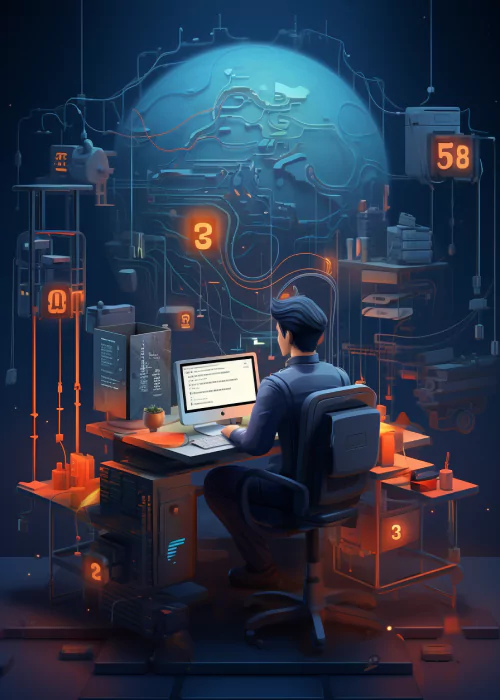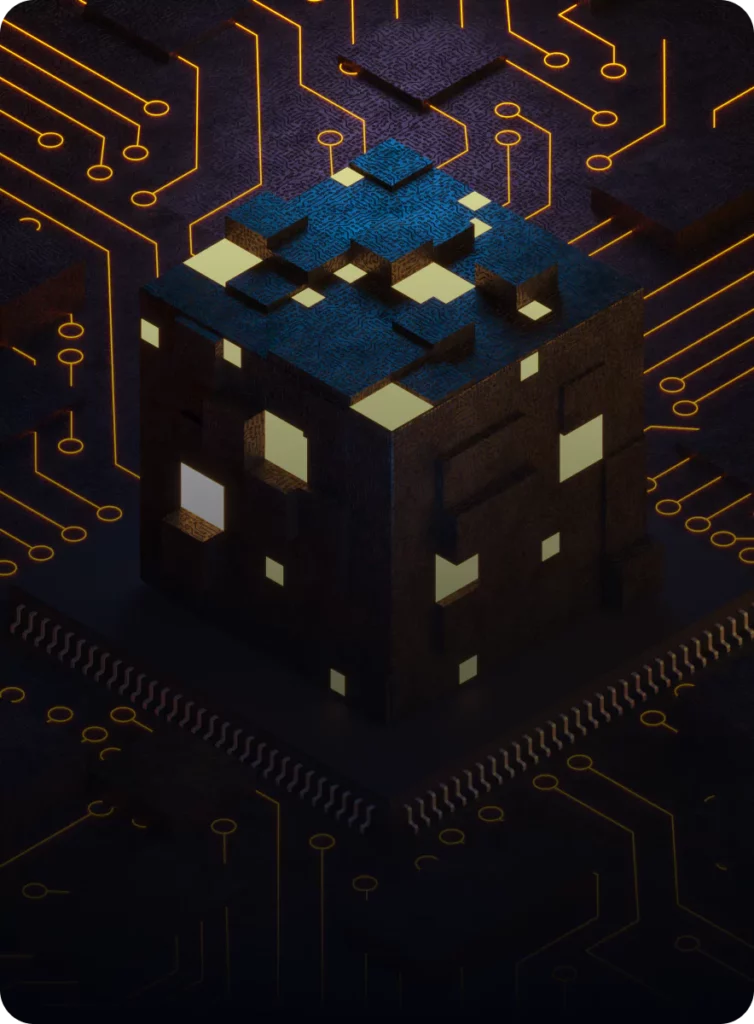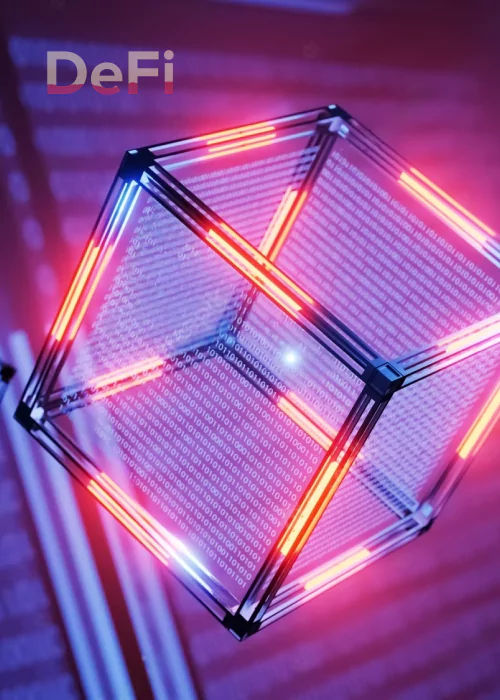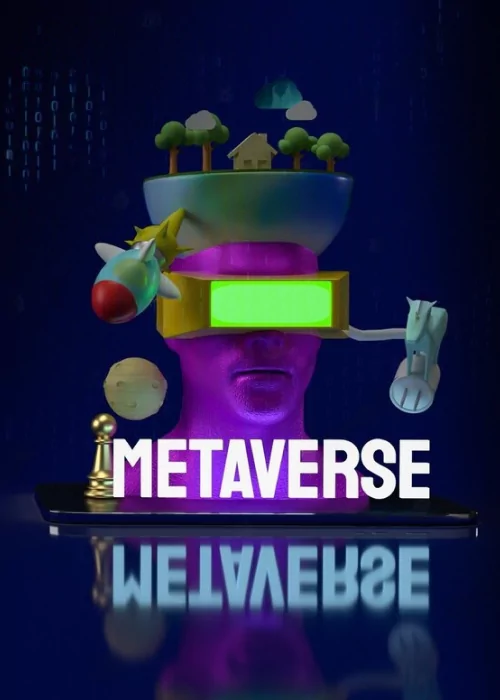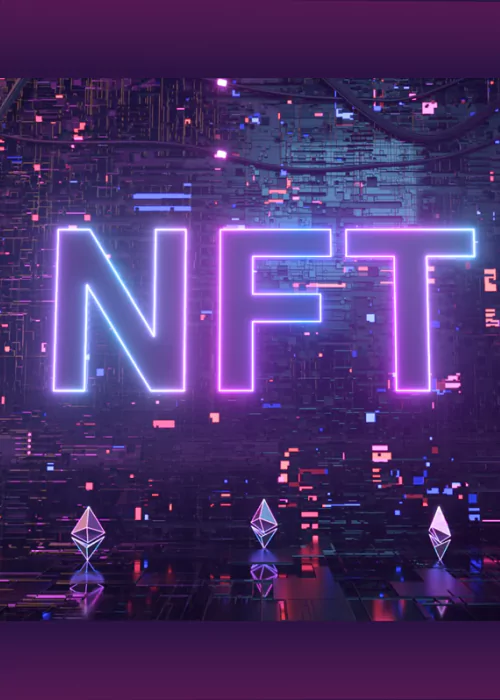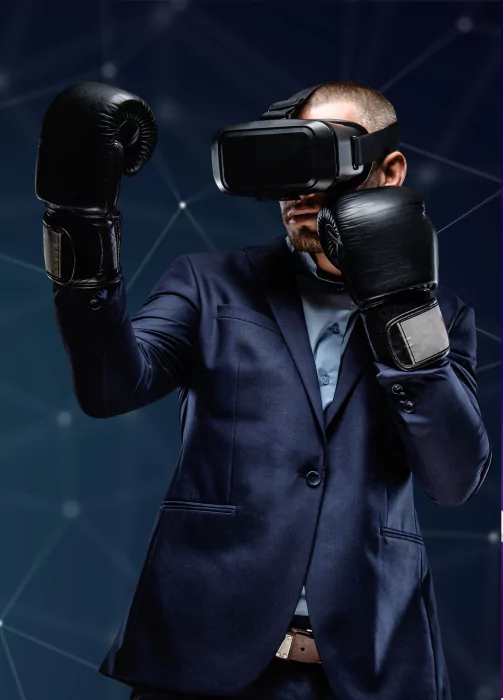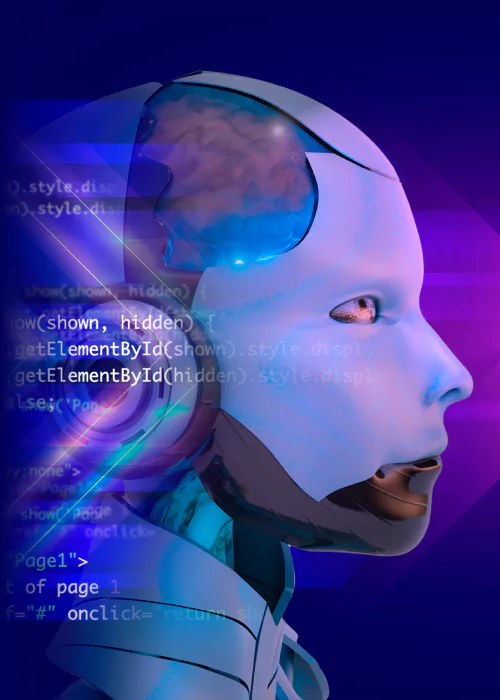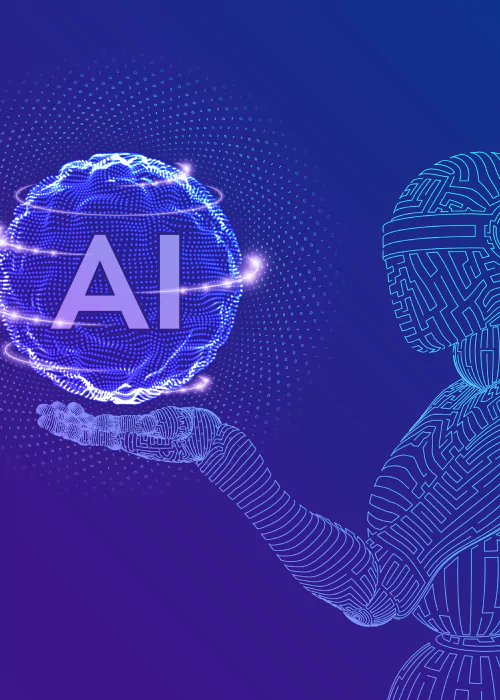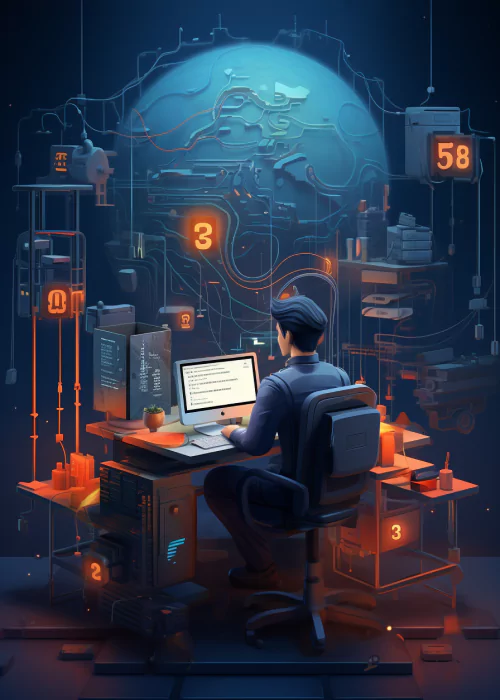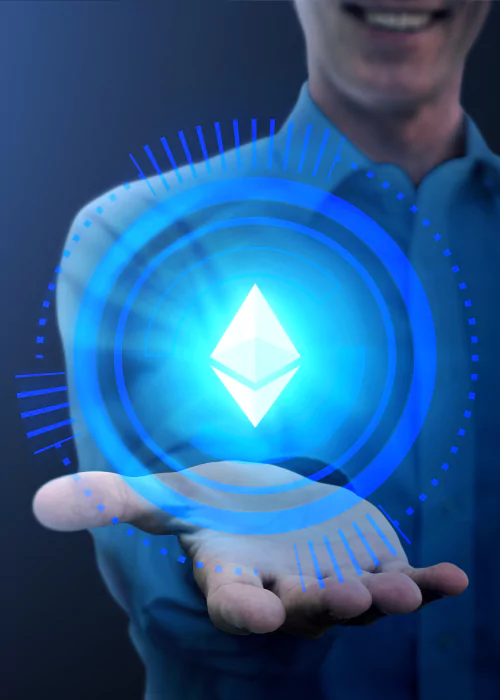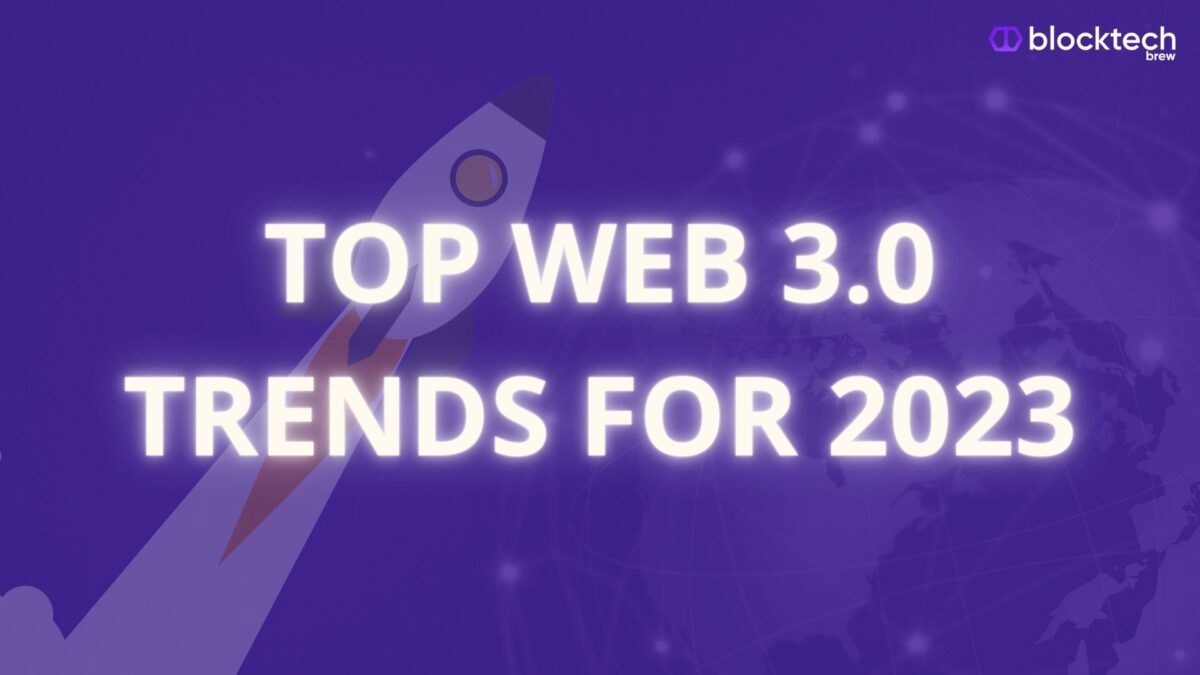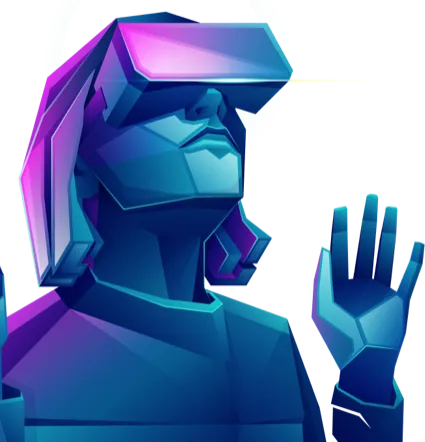Web3 is the third generation of the World Wide Web.
The technology not only aims to decentralize the internet but also gives users more control over their online data and interactions
As a result, the market for these technologies has been increasing in recent years and Web3 is expected to revolutionize almost every industry in the coming years.
Let’s go through the Top 7 Web3 Trends to Watch out for in 2023!!
Evolution of Web 3.0
The evolution of the web was to allow people to give value to other people.
Web 1.0 comprised basic, static web pages put together by developers.
To share stuff and communicate with people, one used tools like mailing lists and discussion forums. With the introduction of the mobile web, these websites grew much more common during that ten-year period.
Then came Web 2.0 where users started moving too much bigger websites that could collect data to make more profits instead of implementing better user experience techniques.
And now, Web3 is here to completely change the way people use the internet.
This marks a new age of the web, a huge evolution in the way information is spread and how people connect with each other.
Here are the Top Web3 Trends everyone must know in 2023:
1. Decentralized finance (DeFi)
Decentralized finance is one of the most exciting web 3 trends for 2023. It’s a financial system built on blockchain technology that operates without intermediaries, such as banks.
DeFi offers a range of financial services, including lending, borrowing, and trading, all without the need for traditional financial institutions.
Read this detailed blog on Everything You Need to Know About Decentralized Finance (Defi)
2. Non-fungible tokens (NFTs)
Non-fungible Tokens are unique digital assets that are stored on a blockchain. They’re different from cryptocurrencies like Bitcoin, which are fungible and interchangeable. NFTs are set to become one of the biggest web 3 trends in 2023, as they allow artists, musicians, and others to sell digital assets that are truly one-of-a-kind.
NFTs are typically built on blockchain technology, which provides a secure and transparent way to verify the ownership and authenticity of an NFT. This makes NFTs a valuable tool for artists, musicians, and content creators who want to sell their work as one-of-a-kind items and ensure that their work is protected from piracy and fraud.
The popularity of NFTs has exploded in recent years, with high-profile sales of digital art reaching millions of dollars. The market for NFTs has become a way for artists to monetize their work and for collectors to invest in unique digital assets.
3. Decentralized identity (DId)
Decentralized identity is a web 3 trend that allows individuals to have control over their personal information online. With DID, users have the power to control and manage their digital identity, instead of relying on centralized entities like Facebook or Google to store and manage their personal information.
The main advantage of decentralized identity is that it offers enhanced privacy and security. In a centralized identity system, sensitive personal information is stored in a centralized database that is vulnerable to data breaches and hacking.
In contrast, decentralized identity systems use cryptographic techniques to secure personal information, making it much more difficult for hackers to access and steal this information.
Additionally, because the data is stored across a decentralized network of nodes, there is no single point of failure, reducing the risk of data breaches.
Another benefit of decentralized identity is that it gives individuals greater autonomy over their personal identity information. With centralized identity systems, individuals must often rely on intermediaries such as banks, governments, and corporations to manage and verify their personal information.
4. Decentralized Exchanges (DEXs)
Decentralized Exchanges (DEXs) are a relatively new concept in the world of cryptocurrency trading and offer a different approach to traditional centralized exchanges.
Unlike Centralized Exchanges where users deposit their funds into a central authority, DEXs are built on a decentralized blockchain network, which means that the user’s funds are stored directly on the blockchain and the exchange operates through smart contracts. This eliminates the need for intermediaries and the risk of central authority interference or theft of funds.
One of the key advantages of DEXs is their increased security. With no central authority holding users’ funds, the risk of a hack or theft is reduced. Additionally, because users’ identities are kept private, there is less risk of identity theft and fraud.
Another advantage of DEXs is that they offer more control and privacy to users. Unlike centralized exchanges where users’ data is collected and potentially shared with third parties, DEXs do not require users to provide personal information.
This gives users more control over their data and eliminates the risk of data breaches or unauthorized access to sensitive information.
5. Decentralized Gaming Platforms
Decentralized gaming platforms are a new type of gaming ecosystem that uses blockchain technology to enable players to own, trade, and monetize their in-game assets. In traditional gaming platforms, players do not have ownership rights to the virtual items they acquire, as they are controlled by the game developers.
With decentralized gaming platforms, players have true ownership of their virtual assets, which are stored on a blockchain ledger, making them transferable and tradeable outside of the game.
The decentralization of gaming platforms opens up new possibilities for players, such as the ability to trade rare virtual items with others or to monetize their virtual assets through the sale of in-game currency or items. This also creates new opportunities for game developers, who can offer unique and valuable virtual assets as incentives for players to engage with their games.
Decentralized gaming platforms also provide a new level of transparency and fairness, as all transactions are recorded on a public blockchain ledger and can be audited by anyone. This eliminates the risk of cheating, fraud, or exploitation by game developers, as well as ensures that players receive fair compensation for their virtual assets.
6. Web 3 Browser
A web 3 browser is a browser that is built to support the decentralized web. These browsers allow users to access and interact with decentralized applications, such as DeFi platforms and NFT marketplaces, without the need for a centralized intermediary.
InterPlanetary File System (IPFS), allows users to access and share content without relying on a centralized server. They also have support for Web3 technologies like Ethereum, which allows for the creation of decentralized applications and smart contracts.
The goal of Web 3 browsers is to create a more open and decentralized internet, where users are in control of their data and have more privacy and security. Web 3 browsers also aim to reduce the monopoly of large technology companies and give more power to the users of the internet.
Some popular Web 3 browsers include MetaMask, Brave, and Opera. These browsers offer a range of features and functionalities, including integrated wallets, built-in support for dApps, and the ability to interact with decentralized networks and platforms.
7. Decentralized Web3 Applications
Decentralized Web3 applications, also known as dApps, are decentralized software applications that run on blockchain technology. Unlike traditional centralized applications, dApps have no single point of control or failure, as they are powered by a network of nodes that run on a decentralized infrastructure.
One of the main benefits of decentralized applications is their ability to provide users with more control over their data and privacy. In a centralized application, data is controlled and stored by a single entity, leaving users vulnerable to data breaches, censorship, and other forms of exploitation. With dApps, users retain ownership and control over their data, as it is stored on a decentralized network that cannot be censored or altered by any single entity.
dApps also provide a new level of transparency and fairness, as all transactions are recorded on a public blockchain ledger that can be audited by anyone. This eliminates the risk of fraud or exploitation by intermediaries, as well as ensures that users receive fair compensation for their contributions.
Another advantage of dApps is their ability to create new business models and revenue streams, as they can leverage blockchain technology to create new and innovative ways of monetizing their services. This can include creating tokenized incentives for user engagement, as well as offering new forms of advertising and marketing.
Final Thoughts!
These are just a few of the top web 3 trends for 2023. The decentralized, autonomous, and open nature of web 3 technology is set to revolutionize the way we interact with the internet and with each other. Whether it’s through DeFi, NFTs, decentralized identity, or web 3 browsers, the web 3 revolution is set to change the online world forever.
Altogether, 2023 is a great year for anyone looking forward to investing in the Web3 industry. If you too are ready to step into the Web3 world, get in touch with a reliable Web3 Development Company today!

I am the CEO and founder of Blocktech Brew, a team of blockchain and Web 3.0 experts who are helping businesses adopt, implement and integrate blockchain solutions to achieve business excellence. Having successfully delivered 1000+ projects to clients across 150+ countries, our team is dedicated to designing and developing smart solutions to scale your business growth. We are focused on harnessing the power of Web 3.0 technologies to offer world-class blockchain, NFT, Metaverse, Defi, and Crypto development services to businesses to help them achieve their goals.





